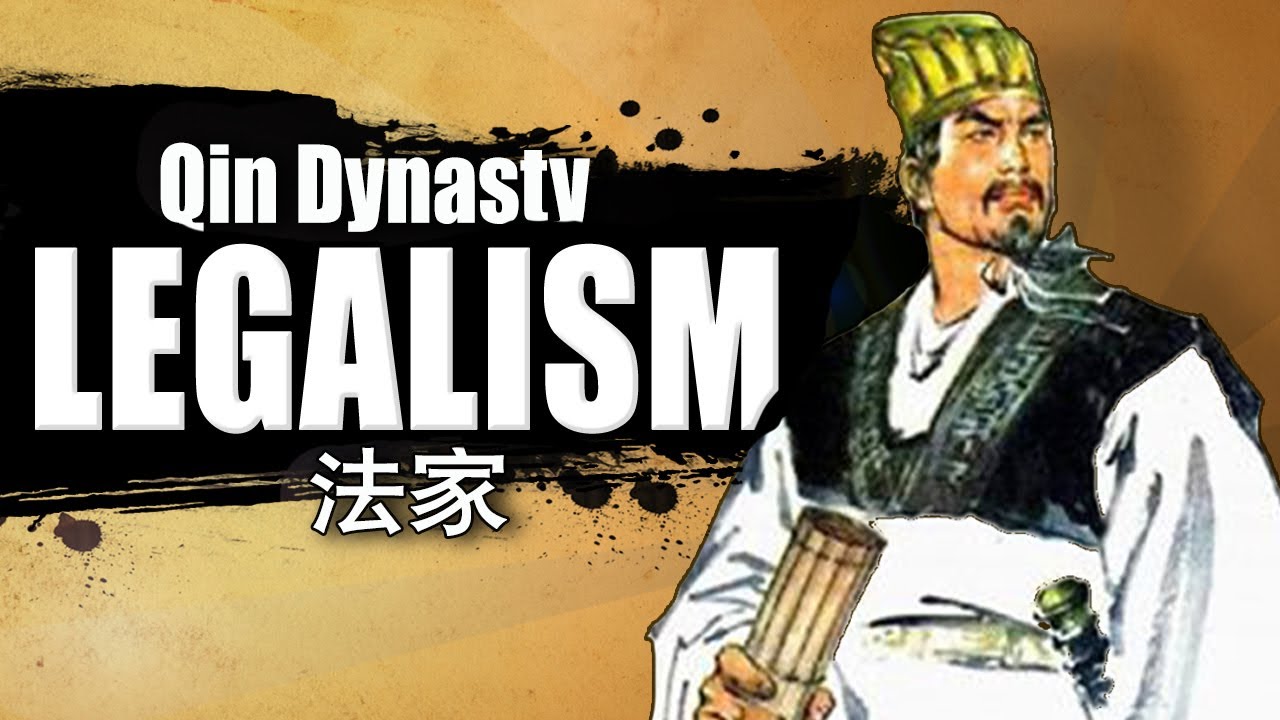Qin Dynasty...in five minutes or less
Summary
TLDRThe Qin Dynasty, China's shortest ruling dynasty at only 15 years, was known for its significant achievements under Emperor Qin Shi Huangdi. He standardized currency, laws, and writing, making trade and travel easier. He also constructed a protective wall along China's northern border. Despite his accomplishments, he faced opposition from Confucian scholars, leading to the burning of their texts. His death sparked a succession crisis, and the dynasty ended with peasant revolts leading to the Han Dynasty.
Takeaways
- 🌏 The Qin Dynasty was a significant period in Chinese history, known for its territorial expansion including the Yellow River and the Chang Jiang River.
- ⏳ It was the shortest ruling dynasty in ancient China, lasting only fifteen years.
- 👑 Qin Shi Huangdi was the emperor who ruled for most of the dynasty's duration and was a proponent of Legalism.
- 📈 He aimed for his family line to rule for ten thousand generations, a testament to his ambition.
- 💰 Qin Shi Huangdi standardized various aspects of governance including currency, laws, punishments, measurements, and writing, which facilitated trade and travel.
- 🏰 He initiated the construction of a wall along China's northern border to protect the country from invaders, which would later become part of the Great Wall of China.
- 🔥 There was significant conflict with Confucian scholars, leading to the infamous burning of Confucian texts and the persecution of scholars.
- ⚰️ The emperor's death was surrounded by mystery, with theories suggesting he may have been poisoned or sought a potion for immortality.
- 🗿 His burial included the famous Terracotta Army, meant to protect him in the afterlife.
- 📉 The dynasty ended shortly after his death, with his son or nephew briefly taking the throne before the Han Dynasty took over.
Q & A
How long did the Qin Dynasty rule China?
-The Qin Dynasty ruled China for only fifteen years, making it the shortest ruling dynasty in ancient China.
Who was the main ruler of the Qin Dynasty?
-Emperor Qin Shi Huangdi was the main ruler for most of the Qin Dynasty's duration.
What was Emperor Qin Shi Huangdi's philosophy?
-Emperor Qin Shi Huangdi was a big fan of legalism.
What did Emperor Qin Shi Huangdi want for his family line?
-He wanted his family line to rule for ten thousand generations.
What was one of the major achievements of Emperor Qin Shi Huangdi?
-One of his major achievements was the standardization of various systems including money, laws, punishments, measurements, and writing.
How did Emperor Qin Shi Huangdi change the monetary system?
-He took away all the different forms of money from the various states and made one standardized currency to be used throughout China.
What was the purpose of building the wall along China's northern border?
-The wall was built to protect China from invaders.
How long did it take to complete the wall and how many men were involved?
-The wall took ten years and 300,000 men to complete.
Who were the main opponents of Emperor Qin Shi Huangdi's policies?
-Confucian scholars were the main opponents of his policies.
What drastic measure did Emperor Qin Shi Huangdi take against Confucian scholars?
-He ordered all Confucian books to be burned and killed many Confucian scholars.
What happened to the Qin Dynasty after Emperor Qin Shi Huangdi's death?
-After his death, his son was supposed to take over, but soon after, peasants revolted and the Han Dynasty eventually took over the rule of China.
What is the mystery surrounding Emperor Qin Shi Huangdi's death?
-There are theories that he died while looking for a magic potion to live forever, or that he was poisoned. Some also suggest he was convinced to commit suicide due to his poor governance.
Outlines

This section is available to paid users only. Please upgrade to access this part.
Upgrade NowMindmap

This section is available to paid users only. Please upgrade to access this part.
Upgrade NowKeywords

This section is available to paid users only. Please upgrade to access this part.
Upgrade NowHighlights

This section is available to paid users only. Please upgrade to access this part.
Upgrade NowTranscripts

This section is available to paid users only. Please upgrade to access this part.
Upgrade NowBrowse More Related Video

Legalism: Crime & Punishment in Qin Dynasty China | WooKong

Chinese Imperial Dynasties | World History | Khan Academy

Sejarah hidup Qin shi huang kaisar paling absolut dalam sejarah tiongkok part - 01

Qin Shi Huang: The First Emperor of China

The Qin Dynasty - China's First Emperor

The History of the Great Wall of China for Kids - FreeSchool
5.0 / 5 (0 votes)